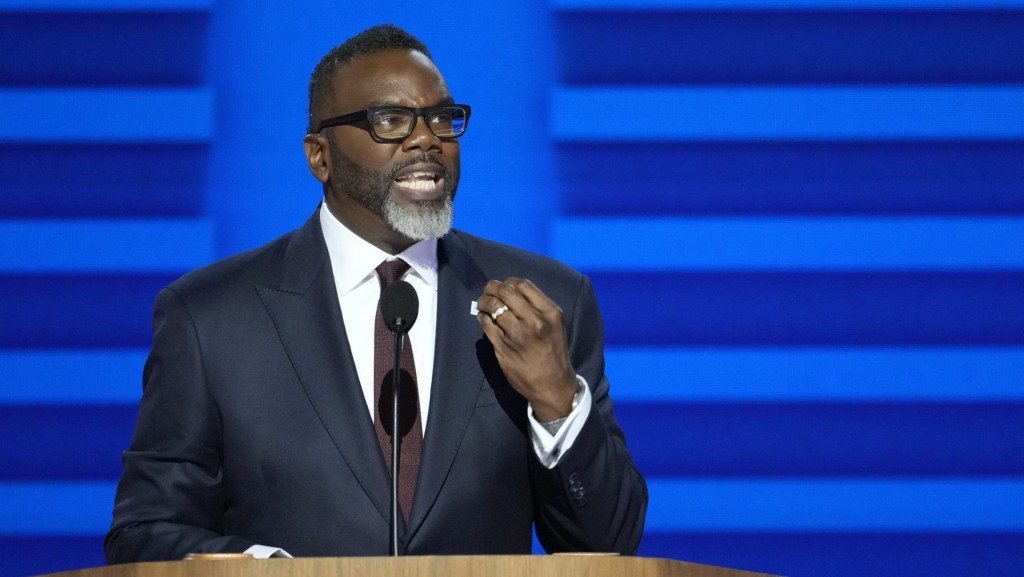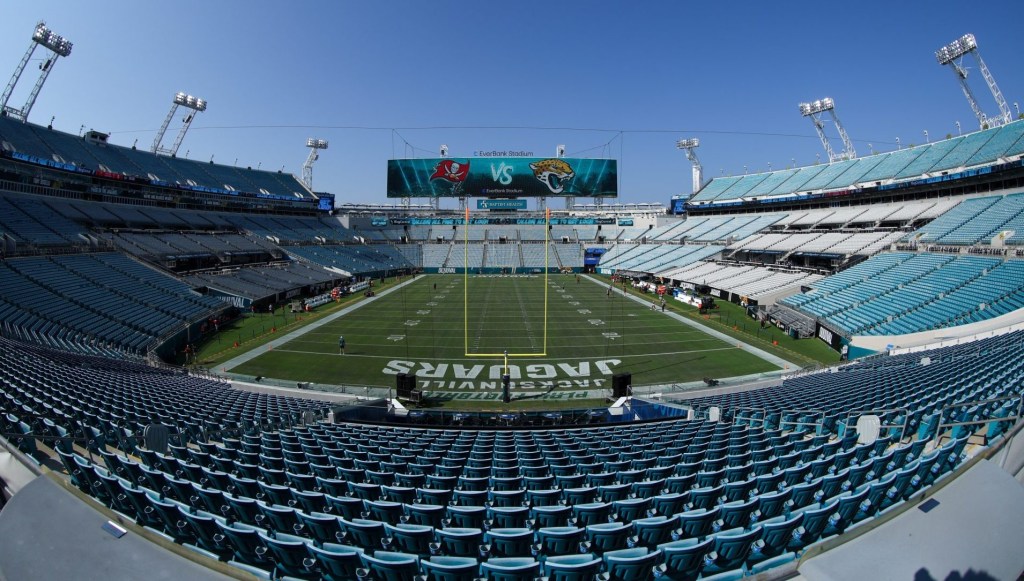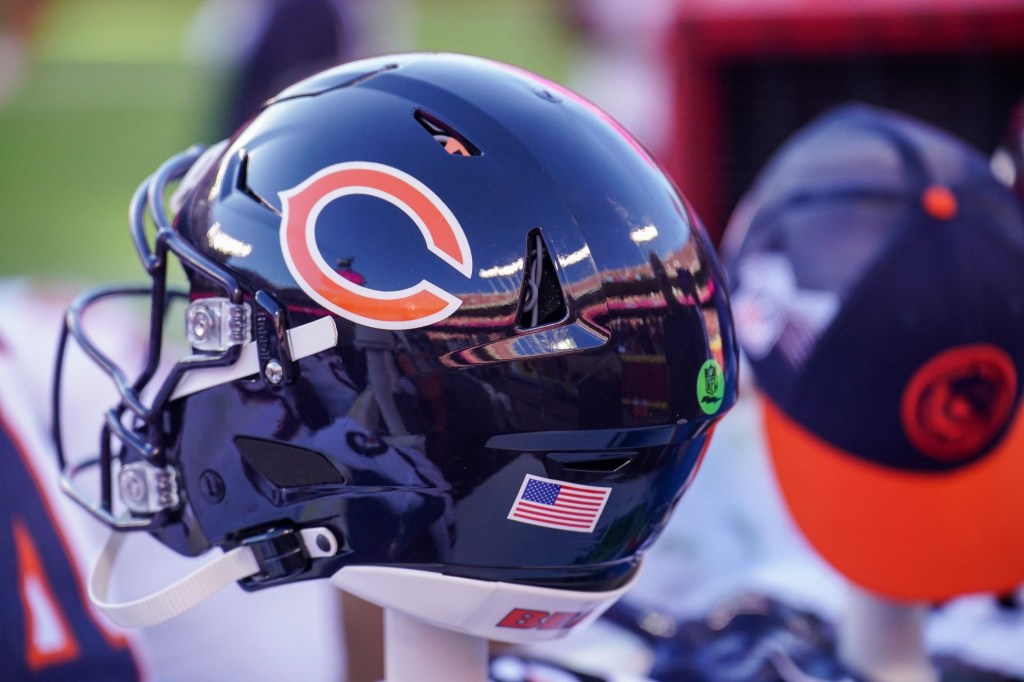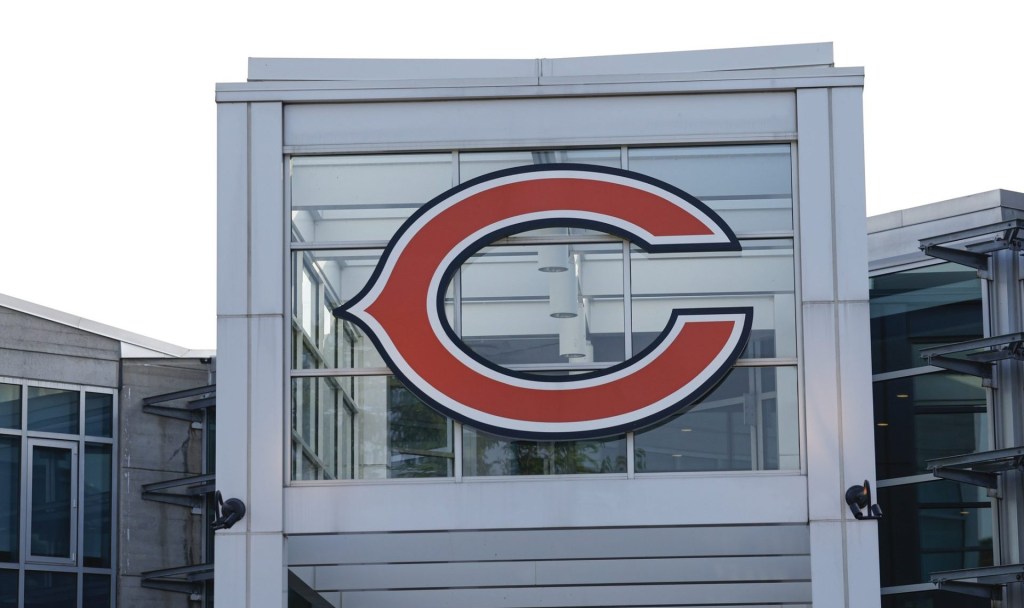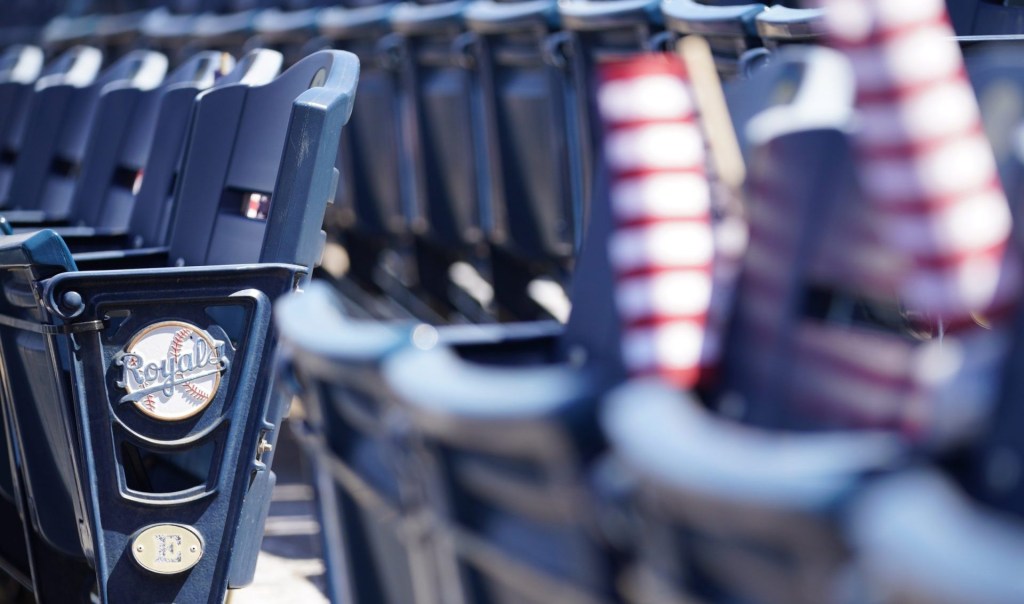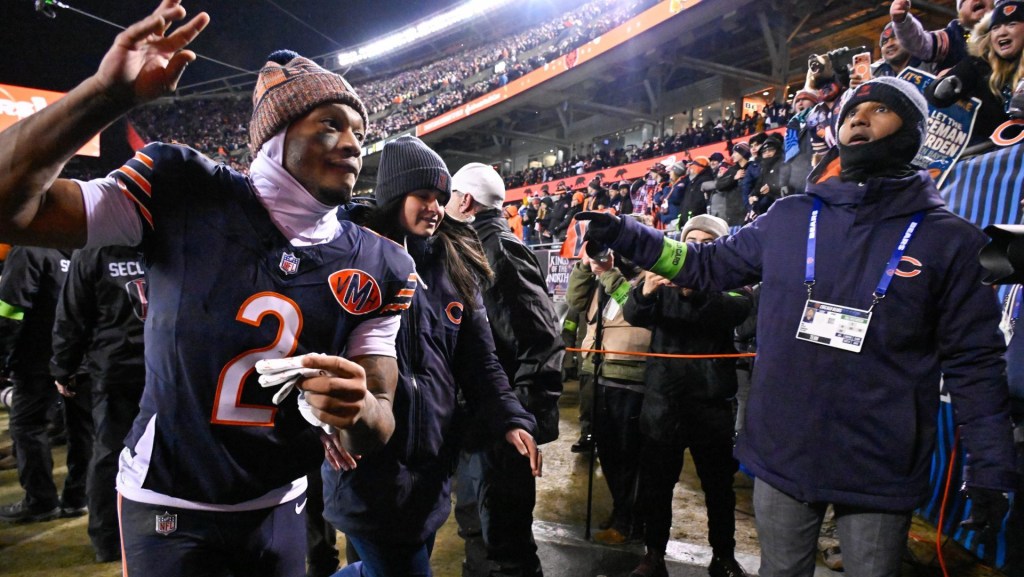After all the other issues surrounding the planned relocation of the A’s to Las Vegas—a complex saga involving questions about the club’s temporary home, the proposed new stadium site and much-debated design, and fan-base attrition back in Oakland—there is still another fundamental issue: How will the planned $1.5 billion ballpark be funded?
A’s owner John Fisher is now moving to address that more fully, hiring veteran sports finance company Galatioto Sports Partners to help raise $500 million for the project, according to a report in the Los Angeles Times. The transaction, if successful, would see Fisher bring in a partner, or multiple partners, with a much-needed cash infusion in exchange for equity in the A’s. Given the franchise’s current estimated value of $1.2 billion, this move could see him part with about 42% of the team.
That additional private support would supplement $380 million in public funding approved last year by Nevada legislators. That money, however, is now being challenged by education advocates in the state.
Can Fisher Cover It?
One on hand, Fisher shouldn’t need the money, or at least he shouldn’t necessarily have to sell team equity to get it. The heir to the Gap fortune created by his parents who founded that retail giant, Fisher is estimated to be worth $3 billion. But the move to bring in additional partners, something he has considered for some time, follows dozens of team owners in every major sports league who have turned to minority equity partners in recent years to achieve additional liquidity and take advantage of rising team values.
The A’s are responsible for all stadium costs beyond that $380 million, and they will also have to detail the private financing plans to enable access to the public funds.
In the meantime, a 10-game homestand that began Monday at the Oakland Coliseum is expected to bring some of the team’s smallest crowds of the season, further solidifying the A’s as by far MLB’s worst draw. Last night’s attendance of 3,528 barely beat a turnout of 3,296 on April 16, and the team’s season average of 6,050 remains less than half of MLB’s next-lowest team, the Marlins.
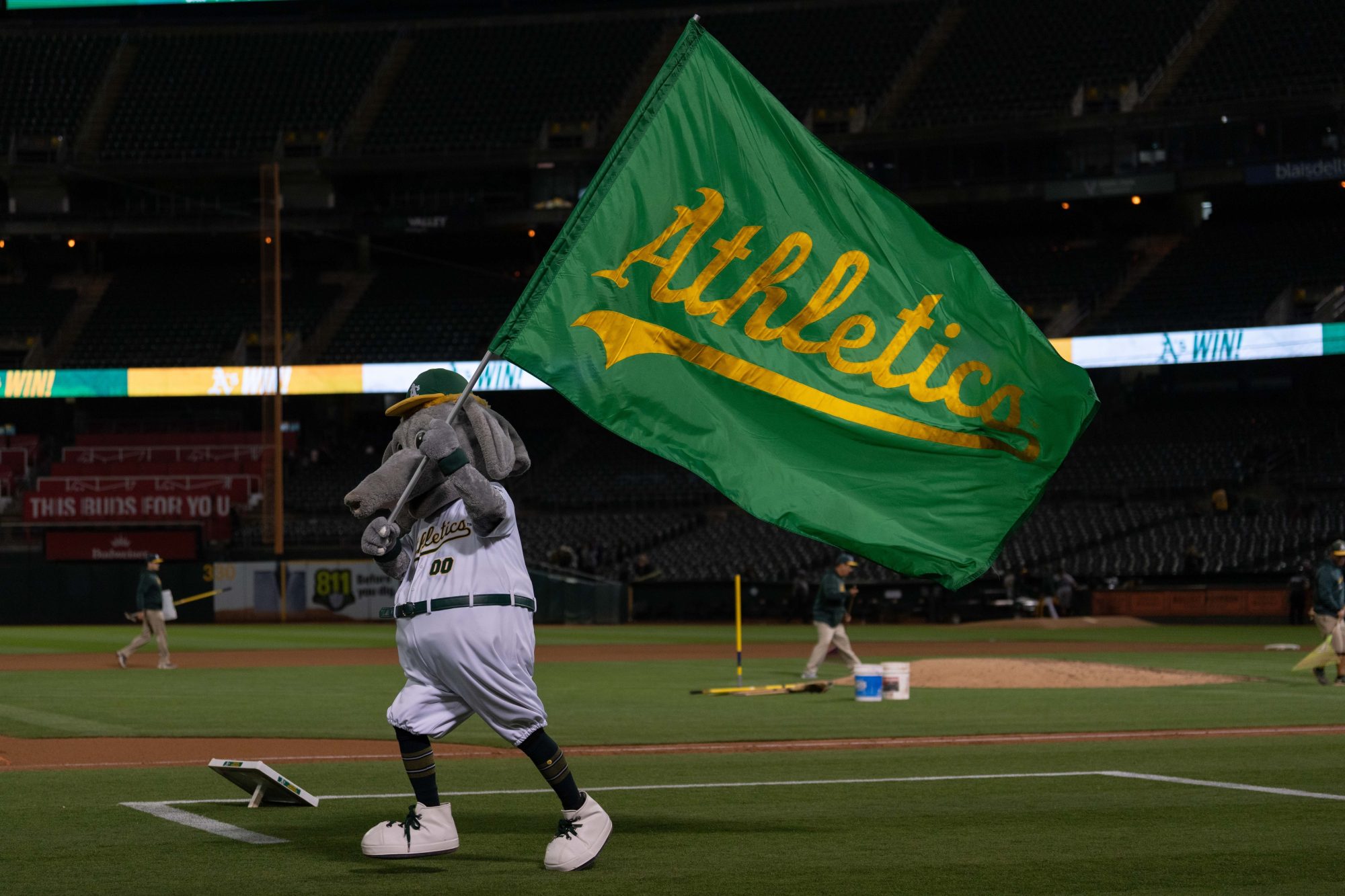






![[Subscription Customers Only] Jun 15, 2025; Seattle, Washington, USA; Botafogo owner John Textor inside the stadium before the match during a group stage match of the 2025 FIFA Club World Cup at Lumen Field.](https://frontofficesports.com/wp-content/uploads/2026/02/USATSI_26465842_168416386_lowres-scaled.jpg?quality=100&w=1024)
![[Subscription Customers Only] Jul 13, 2025; East Rutherford, New Jersey, USA; Chelsea FC midfielder Cole Palmer (10) celebrates winning the final of the 2025 FIFA Club World Cup at MetLife Stadium](https://frontofficesports.com/wp-content/uploads/2026/02/USATSI_26636703-scaled-e1770932227605.jpg?quality=100&w=1024)
